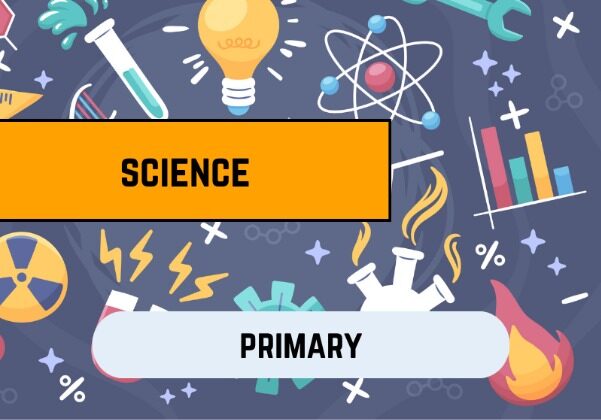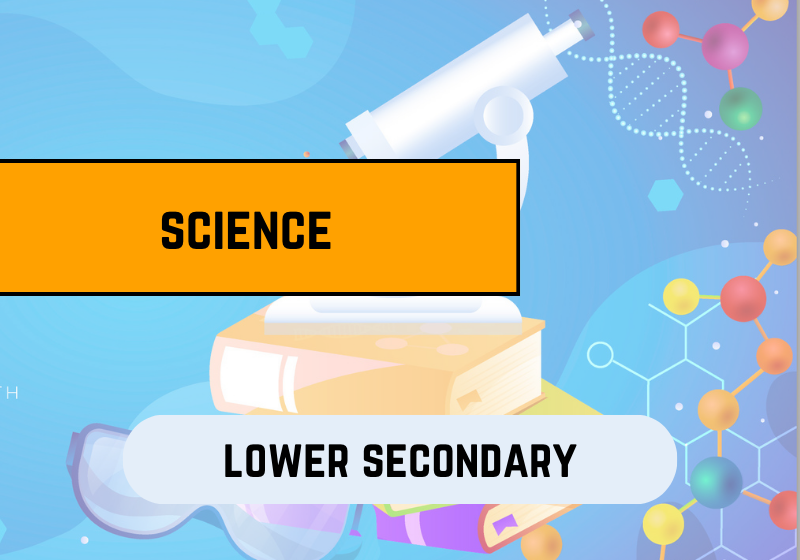Our Science Tuition Offerings

Primary Science
- Primary 3
- Primary 4
- Primary 5
- Primary 6
- PSLE

Lower Secondary Science
- Secondary 1
- Secondary 2
*For Upper Secondary (Sec 3 or 4) Science subjects, please look up our subject offerings for Physics, Chemistry or Biology.
How do we Teach our Science Tuition
- Students start with 1 to 1 lessons to assess their starting point, to scaffold and to build foundation.
- Individualised Learning Plans tailored to suit the student's pace and to cover gaps in their learning.
- Scheduled lessons once a week for 2 hours which includes 15 mins of Q&A (students are encouraged to ask questions from their school work as well).
- Daily Whatsapp, Telegram and Online Zoom support for students who need regular guidance (just message us your doubts and questions and we will clear it up with a reply or explain to you live via Zoom).
- Extra lessons to catch up either via Zoom online or Physical Lessons at the tuition centre.
Reserve Your Place Now
*indicates required fields
Frequently Asked Questions
No. All materials and notes are meticulously crafted by our teachers and provided for the students.
The teacher-to-student ratio is typically larger in Schools, and School Teachers follow a Scheme of Work (SOW) that may or may not align with your child's pace of learning.
At Catalyst, our teachers conduct 1-to-1 sessions with your child to identify any gaps in their learning and determine an optimal starting point for their lessons. We tailor our teaching pace to suit the individual student's needs.
We offer extra lessons to help you catch up, either through Zoom online or in-person classes. Additionally, we provide recorded video lessons for you to watch at a time that suits you.
Students start with one-on-one tuition lessons to assess their initial level and to build a strong foundation. Once students achieve proficiency in the subject, they will be grouped with other suitable students for peer-to-peer learning, support, and some friendly competition.
If needed, students may return to 1-to-1 tuition lessons from time to time when they have difficulty keeping up with the class.
Students are encouraged to provide their school topics as soon as they are are available. We will structure our lessons to follow closely to the school topics.
Primary Science Syllabus
Primary school science syllabus is designed to cultivate a strong foundation in scientific principles and inquiry skills. It spans various domains, including life science, physical science, and earth science.
In line with the MOE syllabus, our Science syllabus consists of 5 Themes and various topics:
- Diversity - Living/Non-Living Things, Materials.
- Cycles - Plants & Animals(Life cycles, Reproduction), Matter & Water.
- Systems - Plant (Parts & Functions, Respiratory & Circulatory), Human(Digestive, Respiratory & Circulatory), Electrical.
- Interactions - Forces(Magnets, Frictional, Gravitational, Elastic), Environment.
- Energy - Light, Heat, Photosynthesis, Conversion.
Beginning with hands-on exploration, students gradually progress to a more theoretical understanding of scientific concepts. The curriculum encourages critical thinking, problem-solving, and the application of scientific knowledge to real-world scenarios.
Emphasis is placed on developing scientific literacy, inquiry skills, and a curiosity-driven approach to learning. Continuous assessment and practical work are integrated to assess students' understanding and nurture a genuine interest in the scientific method, laying the groundwork for future STEM pursuits.

Picture Source: moe.gov.sg

Lower Secondary Syllabus
The Lower Secondary Science syllabus as outlined by MOE, is structured around key themes such as Diversity, Models, Systems, and Interactions.
Under the theme of Diversity, students explore the richness of living organisms, studying their varied forms and functions.
Models serve as a foundational aspect, aiding comprehension of scientific concepts through representations and simulations.
Systems thinking is fostered, encouraging students to analyze and understand the interconnectivity of different components in various scientific phenomena.
Interactions within and between systems, be it in the environment or living organisms, are studied to appreciate the dynamic relationships shaping the world. The curriculum emphasizes hands-on experiments and inquiry-based learning, fostering a holistic understanding of science while nurturing critical thinking skills.